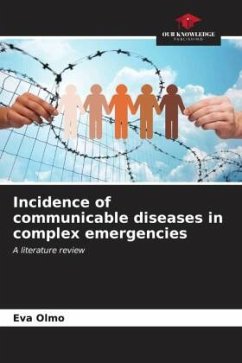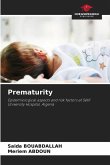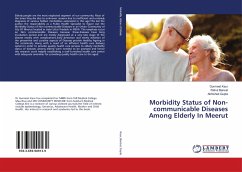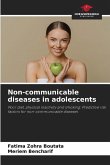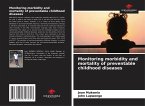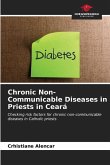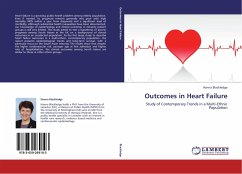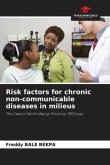Populations affected by armed conflict and other emergency situations experience severe public health consequences, caused by displaced populations, food insecurity, collapse of health services, etc. All this leads to an increased risk of epidemics. Communicable diseases alone or together with malnutrition represent the major cause of death in complex emergencies. The most common are diarrhoeal diseases, measles and malaria. There are numerous risk factors common to most of them and more specific ones that increase the incidence, duration and severity of outbreaks. To avoid them, it is necessary to take a series of preventive measures, as well as to know how to act once the first cases have been detected. Depending on the country, the type of complex emergency and how the health services have acted, the consequences and the impact on the number of deaths and cases will vary.

